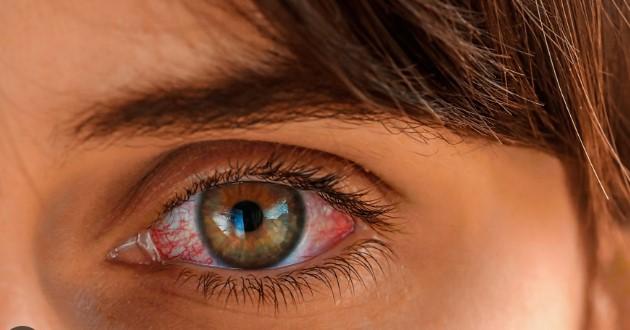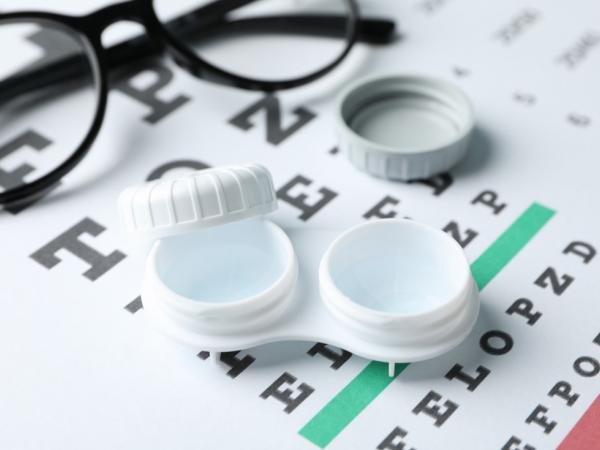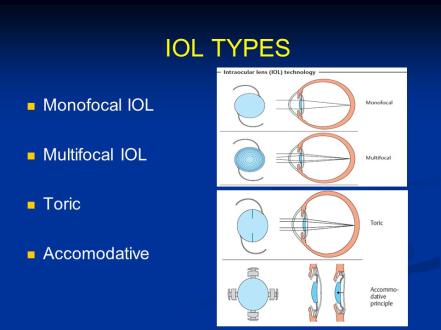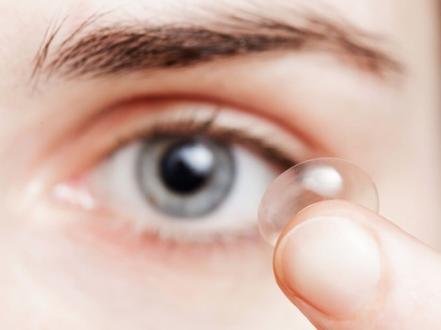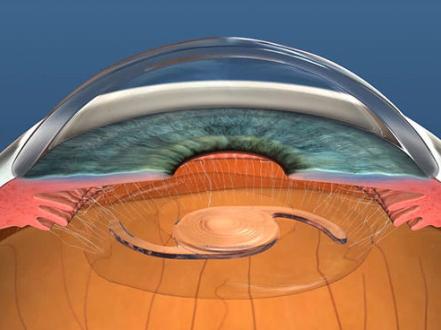Despite the fact that the majority of individuals with visual impairments wear lenses for an extended period, some of them continue to make unacceptable missteps when wearing contact lenses—mistakes that should be avoided at all costs to ensure safe contact lens use. If you know the most common errors, you might be able to identify some of your own that need immediate attention.
The most frequent missteps in hygiene lens
- The rules for using lenses are being circumvented. On occasion, almost every user will overuse their lenses. Some people do it because it saves finances or because they are forgetful, but both groups make a serious mistake. Each lens is made for a specific amount of time—a day, two weeks, a month, etc.—of use. It means that you need to get new ones before the deadline. For example, if your lenses have a two-week wear time and you only wear them once every fourteen days while they're in a solution container, you'll still need to get a new product every two weeks. When people don't follow this basic rule, it can cause a cascade of eye illnesses, all the way to the point when using lenses is no longer possible.
- The old container has been used for too long. Make sure to include the cost of a new container in your budget. It is an important step to get rid of the old container because it's a breeding ground for germs and can further cause eye irritation from contact lenses.
- Ignoring using fresh solution. If you value the health of your eyes, never skimp on maintenance; swap out the solution once a day. Rather than deal with issues, it is best to pay more and get another bottle of liquid. A few more things that should be prohibited are combining several brands of solutions in the same container and adding new liquid to the solution you used yesterday.
- Using contacts when sick. Colds can affect anyone at any time, and many people have to deal with the illness while on the go. But keep in mind that if you're sick with a cold or an allergy, contacts might make your eyes hurt and perhaps cause difficulties. You should always have a spare pair of glasses on hand in case you get sick, and you should wear them until you're well. To minimize difficulties, utilize one-day contact lenses in extreme circumstances where lenses are absolutely necessary.
- Handling lenses without washing your hands. It is critical to always use clean hands when dealing with lenses. Because unclean hands are capable of transmitting viruses, it is possible for these microbes to make their way into your eyes.
Proper cleaning and disinfecting routine
Various dangerous elements, such as cosmetics, dust, or pollen, can be collected by lenses throughout the day. They will create the perfect habitat for the growth of bacteria and other germs if you do not remove them. It raises the possibility of unintentional infections. Regular cleaning will prevent this.
In order to clean the lenses by hand, you will need:
- Make sure your hands are clean.
- Gently take contacts out one by one and place the right one and then the left one in the palm's middle. Apply a multipurpose solution to make it wet.
- Wiping each side with the pad of the index finger of the opposite hand.
- Use a clean solution to carefully cleanse the lens on both sides.
- After cleaning, put the item into the special container filled with a solution.
In addition to removing any traces of filth and residues, the liquid will kill any potentially dangerous bacteria. The items will be prepared for use the following morning.
When it comes to cleaning, only fresh solutions should be used. Due to the potential presence of dangerous microorganisms, it is absolutely banned to store products in liquid that has been previously used.
What are the risks of not maintaining sufficient hygiene?
Frequently, the following consequences may ensue:
- Corneal erosion (often due to prolonged violation of lens-wearing regimen, as well as neglecting instructions and recommendations). It won't manifest immediately, and there's no guarantee it will, but this risk is definitely not worth taking.
- Allergic reactions (develops in response to the action of cleansing agents for CLs, deposits on lenses, etc.). Nowadays, there's a vast array of well-formulated solutions. Moreover, new products are being released with minimal preservatives, or even without them entirely.
- Infectious afflictions, such as conjunctivitis (pink eye) (arise from neglecting personal hygiene rules and care for lenses, as well as irregular lens-wearing schedules). Don't underestimate the importance of handwashing and daily replacement of solution in the case, and you can avoid this unwanted outcome. Keep in mind that the onset of severe complications is often linked to delayed patient visits to the medic.
When symptoms of discomfort, pain, tearing, changes in conjunctival color, and other signs are detected, immediate consultation with a specialist is imperative!
Replacing my contact lens case
Assuming it has been cleaned and disinfected correctly, the case has a maximum use period of one month. But, you might have to buy a new one as soon as possible if:
- The case is broken or cracked.
- There are internal scrapes where germs can thrive and dirt can build up.
- There are deposits that aren't washable with water.
Manufacturers nowadays frequently include a new container as a complimentary present with their products. This is a great way to avoid getting eye infections and ensure that you change your accessories as scheduled.
Sleeping in lenses
By sleeping with their contacts in, many lens wearers endanger their eyes. When the eyes don't get enough oxygen because of lenses, it might create a feeling of irritation. Plan to see an eye doctor if you wish to sleep with your lenses. Only an expert can prescribe the right product.
Can you put contacts in the water?
It is forbidden to use water or any other liquid that isn't meant for this purpose. It is a fallacy that using boiled or distilled water is advised. Such liquids do not remove protein deposits or provide an antiseptic treatment, therefore lenses degrade and get foggy very quickly.
If your eyes feel irritated with contact lenses, what's the best course of action?
Discomfort is common for new users and occurs when the lens is inside out. In either scenario, this soreness will soon go away once your eyes adjust to the procedure or once you find the proper lens position. As for prolonged unpleasant sensations, wearing contact lenses cannot be painful or uncomfortable. Do not attempt self-medication if you are in constant pain or discomfort as this could indicate more serious issues. Instead, see a doctor.
